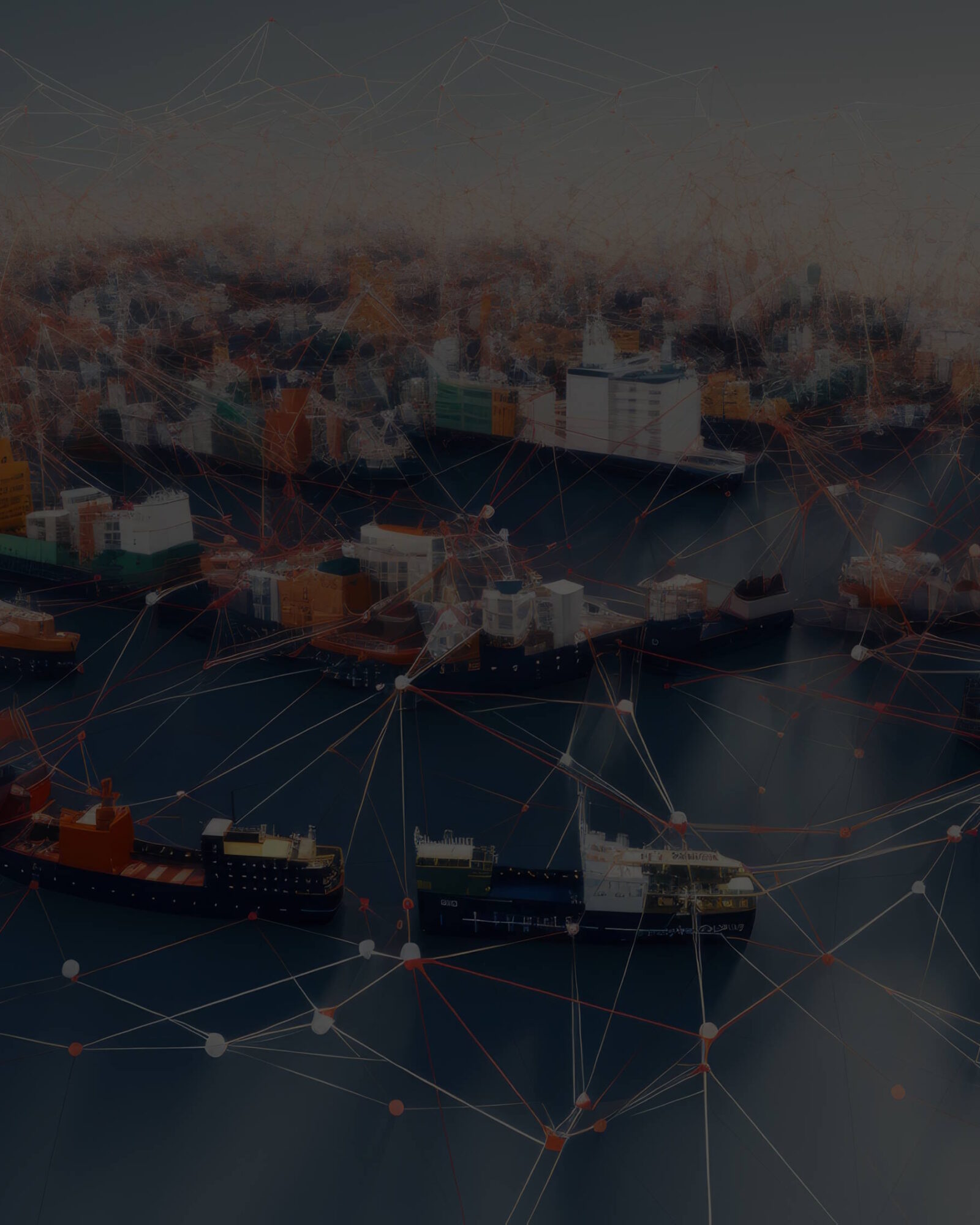LONDON, April 10, 2025 – Patrick Lepperhoff and Stéphane Crosnier of management consultancy Inverto, part of Boston Consulting Group, explain why the tariff changes are been seen by corporates as a boardroom level crisis and what companies should be doing next.
Says Patrick Lepperhoff, Managing Director, of Inverto: “According to recent analysis, some companies could face a major drop in EBIT margins if no action is taken (up to a 68% fall in EBIT in simulations conducted on sample companies) if no action is taken. Tariffs are no longer a theoretical threat”
Adds Stéphane Crosnier, Managing Director, of Inverto: “The challenge now is not simply to react, but to adapt. The companies that will emerge stronger are those that take a deliberate approach to building tariff-resilient supply chains.”
“The first step is to understand your risk profile—fast.”
- Establish a Tariff Impact Command Centre to monitor developments and coordinate action across procurement, logistics, finance, and legal.
- Engage in creating visibility of second and third tier suppliers to identify the hidden risks you may have to tariff increases
- Deploy a Trade Tariff Simulator – to visualize exposure across suppliers, categories, and countries. This helps identify sources of profit margin destruction and high-risk trade routes.
- Join forces with your suppliers to understand their exposure and mitigation strategies.
- Gain transparency on second-source options for critical materials and components that will allow you to reduce tariff risks
- Explore tariff engineering levers—such as reclassification or the First Sale Rule to reduce immediate cost exposure.
- Begin scenario modelling to test the resilience of your current footprint against different tariff regimes.
Says Patrick Lepperhoff: “It is crucial now to buy time without bleeding too much margin as well as understanding where to start tariff mitigation activities for maximum impact.”
“Now that you are clear as to where your most critical vulnerabilities lie, the next step is to strengthen your supply chain.”
- Diversify your suppliers of critical commodities across geographies so as to create alternatives to your current supply chain.
- Don’t delay as there will be a first-mover advantage. Those organisations that adapt their supply chains quickly to take advantage of lower tariffs for certain countries will secure scarce capacity. Conversely, those that wait could be locked out until supply eventually catches up with demand that has been rerouted to lower tariff countries
- Re- or nearshore production to more stable tariff environments where feasible.
- Begin certifying alternative suppliers and evaluate cost-benefit trade-offs for switching.
- Adjust product specifications or packaging to mitigate classification-based duties.
- Continue using simulation to model the impact of these mitigating actions in protecting EBIT.
This is where structural resilience begins to take shape, having focused constrained management resources where it matters most.
About Inverto
Inverto is a leading global consultancy specializing in strategic procurement and supply chain management. The consultancy goes beyond pure cost management to deliver business value and a competitive edge for its clients. Inverto transforms procurement and supply chain functions, enabling long-term success by fostering innovation, resilience, and sustainability.
Operating under the umbrella of BCG, Inverto expands BCGs extensive offerings with a comprehensive array of procurement optimization solutions. Inverto currently employs more than 600 experts across three continents. Clients are globally renowned brands from all industries, as well as the world’s leading private equity firms.
For more information, please visit https://www.inverto.com/en/
